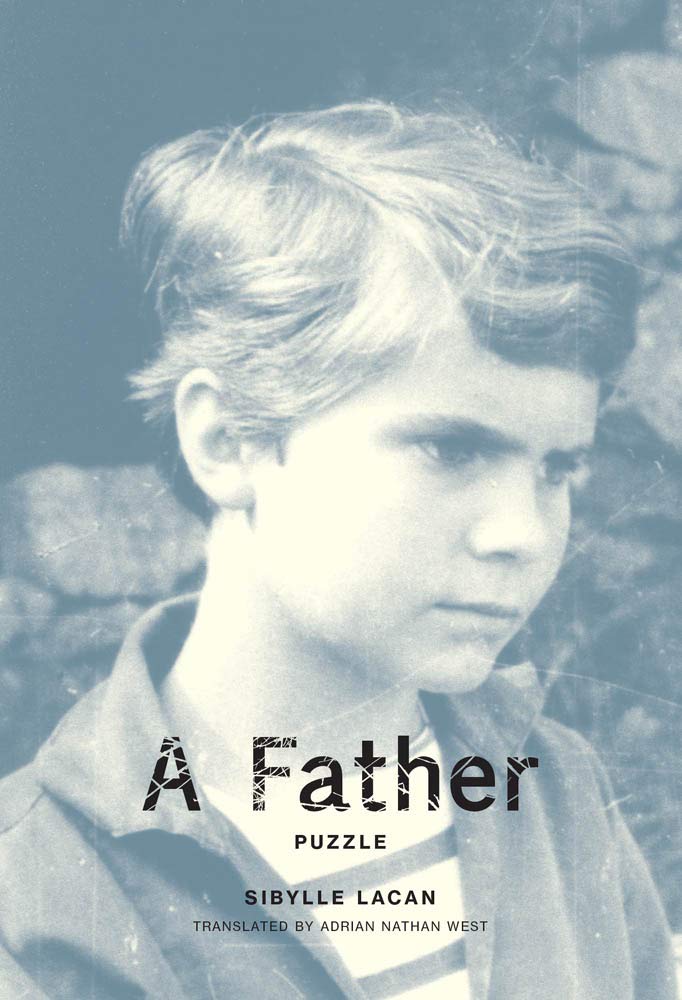A Father: Puzzle | Sibylle Lacan

Detalii A Father: Puzzle | Sibylle
A Father: Puzzle | Sibylle - Disponibil la carturesti.ro
Pe YEO găsești A Father: Puzzle | Sibylle de la MIT Press, în categoria Carte straina.
Indiferent de nevoile tale, A Father: Puzzle | Sibylle Lacan din categoria Carte straina îți poate aduce un echilibru perfect între calitate și preț, cu avantaje practice și moderne.
Caracteristici și Avantaje ale produsului A Father: Puzzle | Sibylle
- Departament: gaming-carti-birotica
- Ideal pentru pasionații de jocuri, birotică și distracție online.
Preț: 99 Lei
Caracteristicile produsului A Father: Puzzle | Sibylle
- Brand: MIT Press
- Categoria: Carte straina
- Magazin: carturesti.ro
- Ultima actualizare: 07-05-2025 02:37:50
Comandă A Father: Puzzle | Sibylle Online, Simplu și Rapid
Prin intermediul platformei YEO, poți comanda A Father: Puzzle | Sibylle de la carturesti.ro rapid și în siguranță. Bucură-te de o experiență de cumpărături online optimizată și descoperă cele mai bune oferte actualizate constant.
Descriere magazin:
The daughter of French psychoanalyst Jacques Lacan tries to make sense of her relationship with her father. "When I was born, my father was already no longer there." Sibylle Lacan\'s memoir of her father, the influential French psychoanalyst Jacques Lacan, is told through fragmentary, elliptical episodes, and describes a figure who had defined himself to her as much by his absence as by his presence. Sibylle was the second daughter and unhappy last child of Lacan\'s first marriage: the fruit of despair ("some will say of desire, but I do not believe them"). Lacan abandoned his old family for a new one: a new partner, Sylvia Bataille (the wife of Georges Bataille), and another daughter, born a few months after Sibylle. For years, this daughter, Judith, was the only publicly recognized child of Lacan-even if, due to French law, she lacked his name. In one sense, then, A Father presents the voice of one who, while bearing his name, had been erased. If Jacques Lacan had described the word as a "presence made of absence," Sibylle Lacan here turns to the language of the memoir as a means of piecing together the presence of a man who had entered her life in absence, and in his passing, finished in it. In its interplay of absence, naming, and the despair engendered by both, A Father ultimately poses an essential question: what is a father? This first-person account offers both a riposte and a complement to the concept (and the name) of the father as Lacan had defined him in his work, and raises difficult issues about the influence biography can have on theory-and vice versa-and the sometimes yawning divide that can open up between theory and the lives we lead.

Produse asemănătoare
Produse marca MIT Press

Achievement Relocked: Loss Aversion and Game Design, Hardcover/Geoffrey Engelstein
![]() elefant.ro
elefant.ro
Actualizat in 28/10/2025
209.99 Lei

Introduction to Machine Learning, Hardcover/Ethem Alpaydin
![]() elefant.ro
elefant.ro
Actualizat in 28/10/2025
577.99 Lei

Saturation: Race, Art, and the Circulation of Value, Hardcover/C. Riley Snorton
![]() elefant.ro
elefant.ro
Actualizat in 28/10/2025
324.99 Lei

Growth: From Microorganisms to Megacities, Paperback/Vaclav Smil
![]() elefant.ro
elefant.ro
Actualizat in 28/10/2025
129.99 Lei

Workforce Education: A New Roadmap, Hardcover/William B. Bonvillian
![]() elefant.ro
elefant.ro
Actualizat in 28/10/2025
230.99 Lei

The Infographic: A History of Data Graphics in News and Communications, Hardcover/Murray Dick
![]() elefant.ro
elefant.ro
Actualizat in 28/10/2025
238.99 Lei